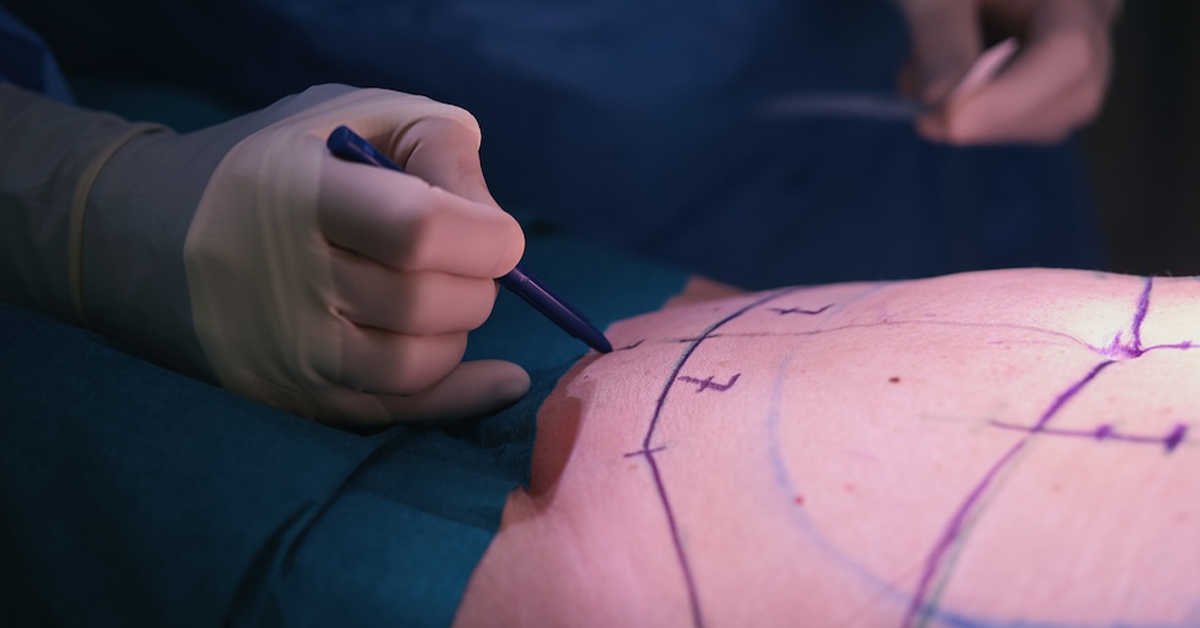How Long After Surgery Can You Smoke?
Smoking is a habit that can have detrimental effects on overall health, particularly when it comes to recovering from surgery. Whether you are a regular smoker or an occasional one, it is important to be aware of the risks associated with smoking after surgery.
In this article, we will explore the topic of smoking after surgery and answer some of the most frequently asked questions regarding the timing of when it is safe to smoke again.
How long after surgery can you smoke?
Smoking after surgery can significantly impede the healing process and increase the risk of complications. The act of smoking introduces toxins into the body, constricts blood vessels, and reduces the amount of oxygen delivered to tissues. These factors can hinder the body’s ability to heal and increase the risk of infection. Additionally, smoking can impair lung function, making it more difficult for the body to recover from anesthesia.
The general recommendation is to abstain from smoking for at least 4 to 6 weeks after surgery. This timeframe allows the body sufficient time to heal and reduces the likelihood of complications. However, it is important to consult with your healthcare provider for specific guidance tailored to your individual situation. They will consider factors such as the type of surgery, your overall health, and the presence of any underlying medical conditions.
What are the risks of smoking after surgery?
Smoking after surgery poses several risks that can adversely affect the healing process. These risks include:
-
Increased risk of infection: Smoking compromises the immune system, making it more difficult for the body to fight off infection. This can lead to wound complications and delayed healing.
-
Impaired circulation: Smoking constricts blood vessels and reduces blood flow, which is crucial for delivering oxygen and nutrients to the surgical site. Poor circulation can hinder the healing process and result in tissue damage.
-
Delayed wound healing: The chemicals in cigarettes interfere with the production of collagen, a protein necessary for wound healing. This can lead to delayed wound closure and an increased risk of complications.
-
Pulmonary complications: Smoking damages lung tissue and impairs lung function. After surgery, this can increase the risk of postoperative complications such as pneumonia and respiratory failure.
-
Cardiovascular risks: Smoking is a major risk factor for cardiovascular diseases such as heart attacks and strokes. These risks are heightened after surgery when the body is already under stress.
How does smoking affect anesthesia?
Smoking can have significant effects on anesthesia before, during, and after surgery. The chemicals in cigarettes can cause changes in the metabolism and clearance of anesthesia drugs in the body. This can result in a higher risk of complications during surgery, such as medication interactions and altered responsiveness to anesthesia.
Furthermore, smoking impairs lung function, which can increase the risk of respiratory complications during anesthesia administration. After surgery, impaired lung function can delay recovery from the effects of anesthesia and prolong the time it takes for the body to clear the drugs from the system.
It is crucial to inform your healthcare provider if you smoke before undergoing surgery, as they can take the necessary precautions.
What are the alternatives to smoking after surgery?
Quitting smoking altogether is the most beneficial option for a successful recovery after surgery. However, this can be challenging for many individuals due to the addictive nature of nicotine. If quitting is not feasible, there are alternatives that can be explored:
-
Nicotine replacement therapy: This includes nicotine patches, gum, inhalers, and nasal sprays. These products provide nicotine without the harmful chemicals found in cigarettes and can help manage cravings.
-
Medications: There are prescription medications available that can help reduce nicotine cravings and withdrawal symptoms. These medications work by blocking the effects of nicotine on the brain.
-
Support groups and counseling: Joining a support group or seeking counseling can provide valuable guidance and support during the quitting process. It is helpful to have a network of individuals who understand the challenges of quitting smoking and can offer advice and encouragement.
How can smoking impact long-term surgical outcomes?
Smoking can have long-term effects on surgical outcomes, even years after the surgery has taken place. It can increase the risk of complications such as delayed wound healing, poor scar formation, and increased risk of infections. Additionally, smoking can contribute to the development of conditions such as peripheral vascular disease and chronic obstructive pulmonary disease, which can further complicate the recovery process and overall health.
It is important to note that quitting smoking before and after surgery can significantly improve long-term outcomes. By quitting smoking, individuals can reduce their risk of complications, improve wound healing, and enhance their overall health and well-being.
Conclusion
Smoking after surgery poses significant risks and can impede the healing process. It is recommended to abstain from smoking for at least 4 to 6 weeks after surgery, although individual circumstances may vary. Quitting smoking altogether is the most beneficial option, but alternatives such as nicotine replacement therapy and medication can be explored.
By understanding the risks associated with smoking after surgery and making the necessary lifestyle changes, individuals can optimize their recovery and improve long-term surgical outcomes.
Plastic Surgery in Miami, FL
The first step in getting a Plastic Surgery in Miami is to schedule a consultation with us. If you are interested in learning more, call us now at (305) 406-9055 or schedule a consultation online Now.







